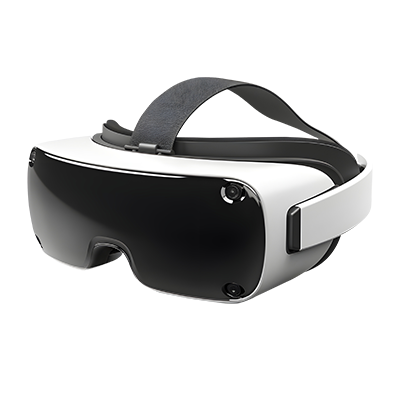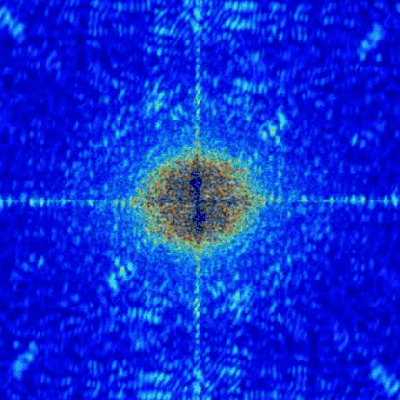
Large masks: Original masks created by a military member
Smaller masks: Neutral masks created by a civilian art therapist
Trauma and Perception
ART THERAPY
Distressing life events influence the perception of visual imagery, according to findings from the College of Nursing and Health Professions. The findings could guide approaches to therapeutic work with traumatized patients.

Immune Cells’ Sweet Spot
BIOMEDICAL ENGINEERING
Researchers in the School of Biomedical Engineering, Science and Health Systems have discovered that immune system cells have an appetite for a molecule built from sugar, and they believe it could be used to trick cells into taking in medicine.
AI Gauge of Brain Age
ARTS & SCIENCES
An AI technique from the College of Arts and Sciences can estimate the age of an individual’s brain from EEG brain scans, which could make early, regular screening for degenerative brain diseases easier.
Bail Reform Benefits
PUBLIC HEALTH
A 2017 New Jersey law slashed the state’s jail population without increasing firearm deaths or injuries, researchers in the Dana and David Dornsife School of Public Health found.

VR Boosts Learning
BIOMEDICAL ENGINEERING
Virtual reality enhances neural efficiency, according to a team from the School of Biomedical Engineering, Science and Health Systems, who are the first to compare brain activity during visuospatial problem solving in VR, 2D computer screens and physical environments.

AI Can Outsmart Itself
ENGINEERING
Although current methods for spotting manipulated digital images do not work with AI-generated video, a College of Engineering team found that machine learning algorithms can be trained to identify them.
Making Memory More Reliable
ARTS & SCIENCES
Study subjects exhibited fewer memory distortions after receiving transcranial magnetic stimulation (TMS) to the anterior temporal lobes of their brains, psychologists in the College of Arts and Sciences found.

Income Inequality and Emissions
ARTS & SCIENCES
An environmental sociologist in the College of Arts and Sciences identified pathways for countries to reduce harmful greenhouse gas emissions after exploring affluent nations’ carbon dioxide emissions across multiple dimensions.
For more about Drexel’s research enterprise, see EXEL Magazine at exelmagazine.org.
Image: Flaticon.com


